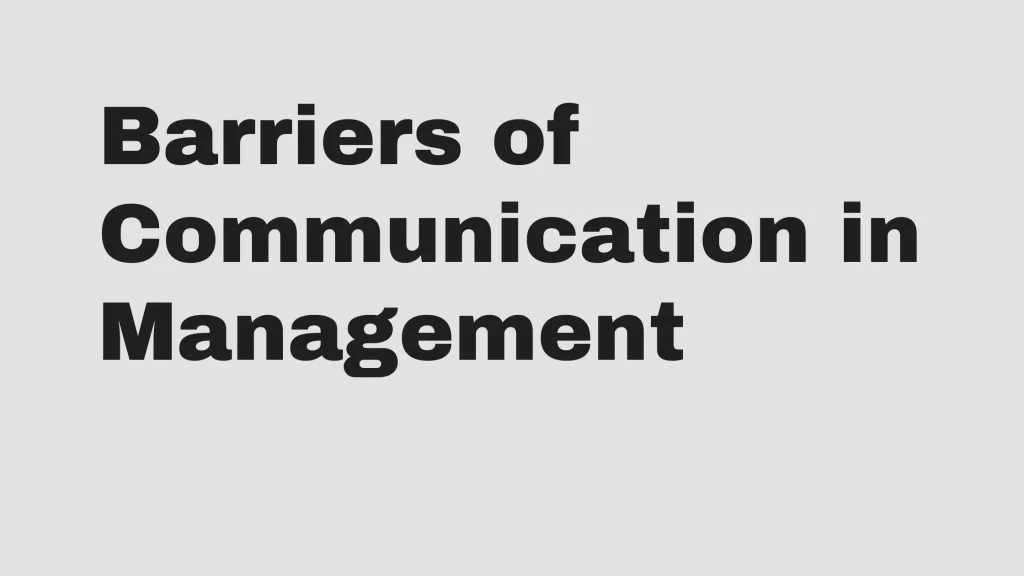Every day, we engage in countless conversations, both in our personal lives and at work. These interactions form the foundation of our relationships, and effective communication is the glue that binds them. However, despite its importance, many of us face challenges in ensuring our messages are clearly understood. These challenges, often termed barriers, can hinder the flow of information and lead to misunderstandings.
Interpersonal barriers in communication are obstacles that occur between individuals during conversations. These barriers can arise due to various factors, ranging from psychological issues to cultural differences. Let’s delve deeper into these barriers and explore ways to overcome them for better communication.
Contents
Common Interpersonal Barriers to Communication
Interpersonal barriers to communication refer to negative patterns of behavior that hinder individuals from communicating or discourage others from communicating These barriers can be a major obstacle to effective communication, both in personal and professional settings. Here are some common interpersonal barriers to communication:
Psychological Barriers
- Lack of Trust: When trust is missing between the sender and receiver, the message may be misinterpreted or doubted.
- Introvert Nature: Introverts may prefer face-to-face communication and might find it challenging to express themselves in group settings.
Cultural Barriers
- Cultural Differences: People from different cultures may have varied ways of expressing themselves, leading to misunderstandings.
- Language Differences: Speaking different languages or dialects can make it difficult to convey the intended message.
- Lack of Cultural Understanding: Without understanding another person’s cultural background, misinterpretations can easily occur.
Environmental Barriers
- Work Environment: A noisy or distracting environment can hinder effective communication.
- External Environment: Factors outside the workplace, like personal stresses or distractions, can also create barriers to communication.
Listening Barriers
- Active Listening: The absence of active listening skills can lead to the receiver missing out on the essence of the message.
- Misinterpretation: Without seeking clarification, the meaning of the message can be misconstrued.
Overcoming Interpersonal Barriers to Communication
Overcoming interpersonal barriers to communication requires individuals to be aware of their communication style and to actively work to improve it.
Building Trust
- Team building activities can help employees bond and foster trust.
- Open channels of communication in the workplace can encourage the sharing of ideas and opinions.
Enhancing Cultural Understanding
- Training sessions on cultural differences can promote understanding and reduce misinterpretations.
- Encouraging employees to share about their cultures can lead to a more inclusive work environment.
Improving Listening Skills
- Workshops on active listening can train employees to better understand and interpret messages.
- Encouraging feedback can ensure the message is received as intended.
Creating a Conducive Environment
- Designing a workspace that minimizes distractions can promote better communication.
- Providing tools and platforms that cater to different communication preferences can help in bridging gaps.
Conclusion
Interpersonal communication is essential in forming relationships, both personal and professional. Barriers, whether psychological, cultural, environmental, or related to listening, can hinder effective communication. By recognizing these barriers and actively working to overcome them, we can improve interpersonal relationships and ensure our messages are clearly understood. Remember, communication is a two-way street, and both the sender and receiver play crucial roles in ensuring its success.
Boko Ducky has over 10 years of experience in helping individuals and organizations improve their communication skills.



